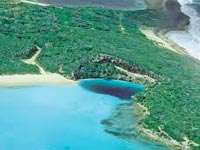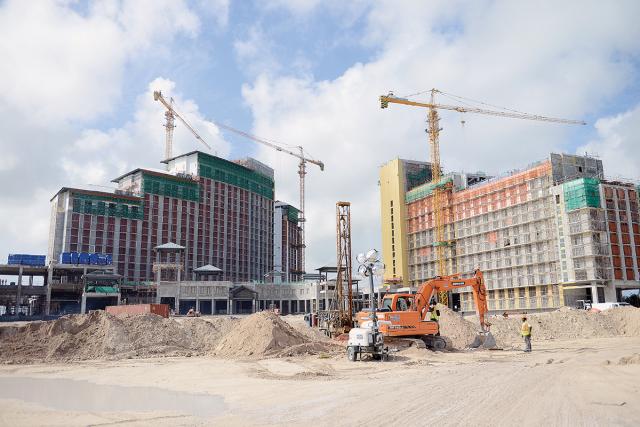NASSAU, The Bahamas — The country is showing signs of economic recovery after going through a bruising period over the last two and a half years, Prime Minister the Rt Hon. Hubert A Ingraham said, Thursday, December 2, 2010.
The global economic crisis “profoundly” impacted the Bahamian economy mainly through tourism and foreign direct investment, Prime Minister Ingraham said during a meeting of the West Nassau Rotary Club.
“In 2009, tourism stop-over arrivals declined by 10 per cent after a decline of more than six per cent in the previous year, and foreign direct investment declined by 22 per cent,” he said.
“Compounding the deterioration in the principal drivers of the Bahamian economy in 2009 was a contraction in domestic credit which has historically provided strong support for domestic demand,” the Prime Minister added. It was primarily the convergence of these restraining factors, which led to an estimated four and a half per cent decline in real Gross Domestic Product (GDP).
“Employment suffered badly in this weakened economy and by the end of 2009, estimated unemployment rose to more than 14 per cent,” he said. The fiscal situation deteriorated as Government revenue continued the decline begun in the previous fiscal period, 2008/2009, when it fell by nearly eight per cent, Prime Minister Ingraham explained.
“In fiscal 2009/2010, revenue fell a further three per cent, driving the fiscal deficit to 5.7 per cent of GDP and pushing the Government debt to GDP ratio of 46.9 per cent and the national debt to GDP ratio to 53.1 per cent at the end of fiscal 2009/10.”
At the same time, the asset quality of the commercial banks were being impacted as the ratio of non-performing loans rose to over 10 per cent at the end of fiscal 2009/10, as borrowers experienced difficulties in maintaining their bank payment obligations, he said. Banks were obliged to continue increasing their provisions against loan losses, Prime Minister Ingraham said.
The banking system’s capital ratios remained healthy and liquidity also stayed strong due mainly to the proceeds from the Government’s foreign currency borrowing during fiscal 2009/2010 and from weakened domestic demand, which eased the outflow that arises from foreign spending, he said.
“This was also the principal reason for the increase in international reserves during the period.”
“Notwithstanding the slow-down in foreign direct investment inflows, international reserves levels remained relatively strong, registering an increase of $253 million for 2009 following an increase of $109 million in 2008, and continuing strong into 2010,” the Prime Minister said.
Inflationary pressures were subdued during 2009 when consumer price inflation, as measured by changes in the average Retail Price Index slowed to 2.1 per cent, he added.
However, the Prime Minister said that the critical barometer of economic wellbeing, foreign direct investment, appears to have reserved its downward slide as the first six-month period in 2010 has posted an increase of 3.5 per cent over the corresponding period in 2009. Also the rate of increase in non-performing loans has slowed down significantly, he noted.
By Llonella Gilbert
Bahamas Information Services



